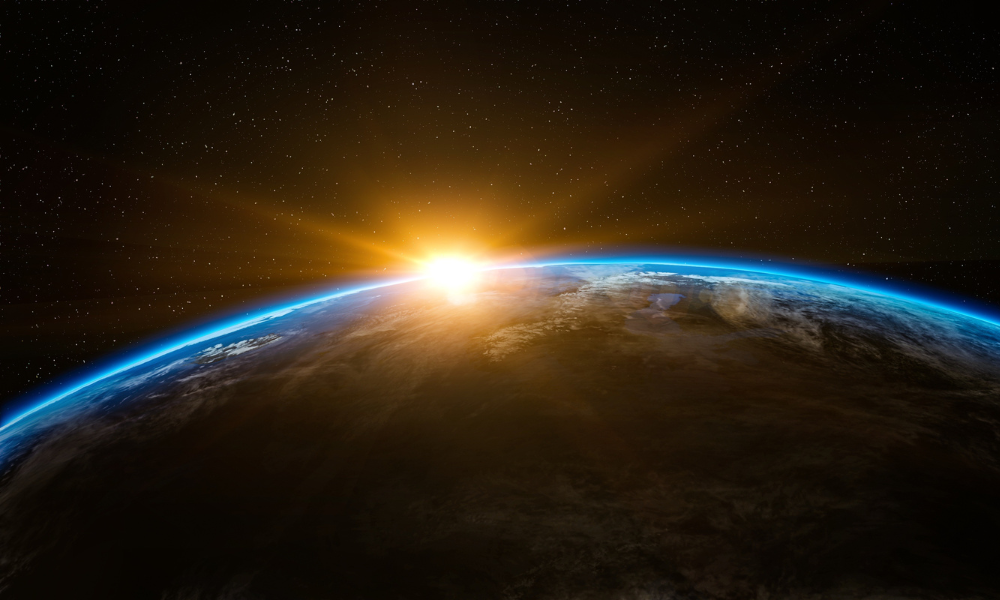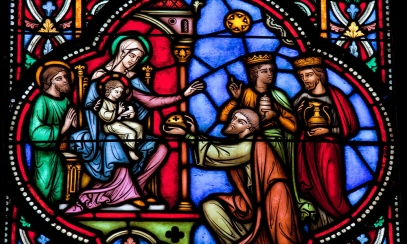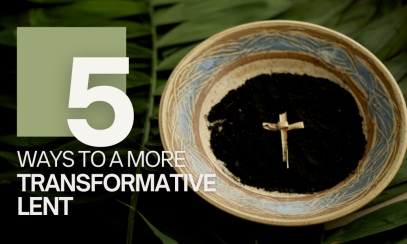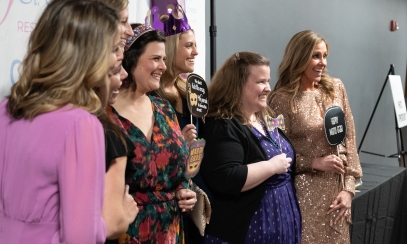
Faith & Science: Our eternal searches for eternal truth
In the beginning, God created time, space and matter, and then set them in motion. Next he created man, who has marveled at God’s universe from the very first breath. When God gifted man with an inquisitive mind, our search for the eternal truth began.
In the beginning, God created time, space and matter, and then set them in motion. Next he created man, who has marveled at God’s universe from the very first breath. When God gifted man with an inquisitive mind, our search for the eternal truth began.
Physicists and people of faith approach this study from different angles. While people of faith ask who and what, physicists ask how and why.
“We’re all looking for truth,” said Deacon Bob Mahaffey, who serves at St. Paul the Apostle Church in Spartanburg. He's spent his career in organic chemistry. “People of faith approach it in a different way. They see through the history of salvation how God reveals himself to us. We’re seeing the truth in different ways, and they don’t conflict, as I see it. They are complementary. People who are scientists and people of faith would agree with that.”
He added that science “has a great history of explaining the laws of nature.”
But sometimes science and faith clash.
“When you think about science, it continuously evolves,” Clyburne said. “Sometimes science itself is not always simple. It changes and adapts quickly.”
“Sometimes the Church is a little slow to catch up with our scientists,” Deacon Mahaffey agreed, as in the case with Galileo Galilei.
Catholics in the sciences
Then again, sometimes the Church provides those scientists. Catholicism gave us Msgr. Georges Lemaître, a Jesuit priest from Belgium who was also a theoretical physicist, mathematician and astronomer. Msgr. Lemaître was the first to propose the Big Bang Theory and was nominated for the 1954 Nobel Prize in physics for his work on the expanding universe. He also was nominated for the 1956 Nobel Prize in chemistry for his work on the primeval atom.
The Church also gave us Augustinian Father Gregor Mendel, an abbot from the Austrian Empire who was a biologist, geneticist, meteorologist and mathematician. He is known as the father of genetics because of his experiments with pea plants between 1856 and 1863.
Then there is Franciscan Friar Roger Bacon who studied nature in the 1200s and developed the modern scientific method. He discovered the importance of empirical testing when finding that results of a test were different than what was predicted.
History is filled with Catholics who have made major scientific discoveries. Some of them include Nicolaus Copernicus, first to propose that planets revolve around the sun; André-Marie Ampère, after whom the amp is named due to his studies in electric current; Louis Pasteur, who discovered pasteurization and did early work on vaccines; Louis Braille, who created an alphabet for the blind; and Guglielmo Marconi, who invented the radio.
There are so many Catholics who have influenced the way people have lived throughout history and upon whom scientific processes and methods are built. And, in time, the Church has adapted when science reveals a truth. However, it doesn’t always have to change.
Search for truth
Jason Clyburne, a chemistry professor at Saint Mary’s University in Halifax, Nova Scotia, said that St. Augustine wrote about theistic evolution, in The Literal Interpretation of Genesis, some 1,400 years before Charles Darwin ever came on the scene.
It’s worth noting that the Church holds no official position on evolution because it doesn’t need to — it’s not a point of contention between believers and scientists, according to Deacon Peter Brown. He also serves at St. Paul and holds a doctorate in computer science.
“It’s not central to our relationship to God,” he said. “You can relate to God if you don’t believe in evolution. You can relate to God if you do.”
Science and faith are both, essentially, searching for truth. Deacon Brown said that faith looks for eternal truths, the kind you are not going to revise in two centuries.
“For example, the trinity. It’s not really a reformable doctrine. We’re talking about an eternal truth,” he explained.
Science and faith approach life from two different spheres, Clyburne added.
“Science does not answer the moral questions. When you shoot a gun, the physics work. In the moral part, I don’t want to own a gun,” he said. Whereas science is focused on logic, deduction and reason, “I live with a moral code. I render to my faith the things that belong to faith. That is where you think and pray.”
“Science can only talk about physical phenomena,” Deacon Brown said. “There is no moral vocabulary there. There is no spiritual vocabulary there. What does life mean? Why are we here? What is my purpose? Science has nothing to say. You can’t address this with scientific tools. How do you measure love? I don’t know if you can.”
That goes for miracles, too, especially eucharistic miracles.
“That’s not something you can do an experiment on. It’s a one-off. It’s not repeatable,” Deacon Brown explained.
Scientists can’t study the Eucharist, either.
“The elements transform into the body, soul and divinity of Jesus, but they keep their physical properties. All of the stuff that science can observe in the Eucharist still has the physical properties of bread and wine,” Deacon Brown said. “This is something science can’t measure. The physical properties remain. What’s going on is not at the physical level. But every so often, God chooses to remind us — and we get a eucharistic miracle.”
The great beyond
“God is beyond time, space and matter, but he injects himself when he wants to. It’s not like time, space and matter are going to keep him out. He is not limited by that,” Deacon Brown added.
By studying and applying God’s natural laws, scientists and inventors have brought society incredible advances. Deacon Brown said it’s important not to come across as anti-science, because science is important.
The study of aerodynamics led to flight, which is awe-inspiring. In the same vein, Deacon Mahaffey remembers standing on the edge of the Grand Canyon and looking down.
“It was almost like a religious experience,” he said. In moments like that, “there is something else that affects you that science cannot explain.”
God can do that. And when science and faith come together in wonder and awe, it brings us a step closer to the Creator — the One who exists beyond time or space, and long before a Big Bang.



